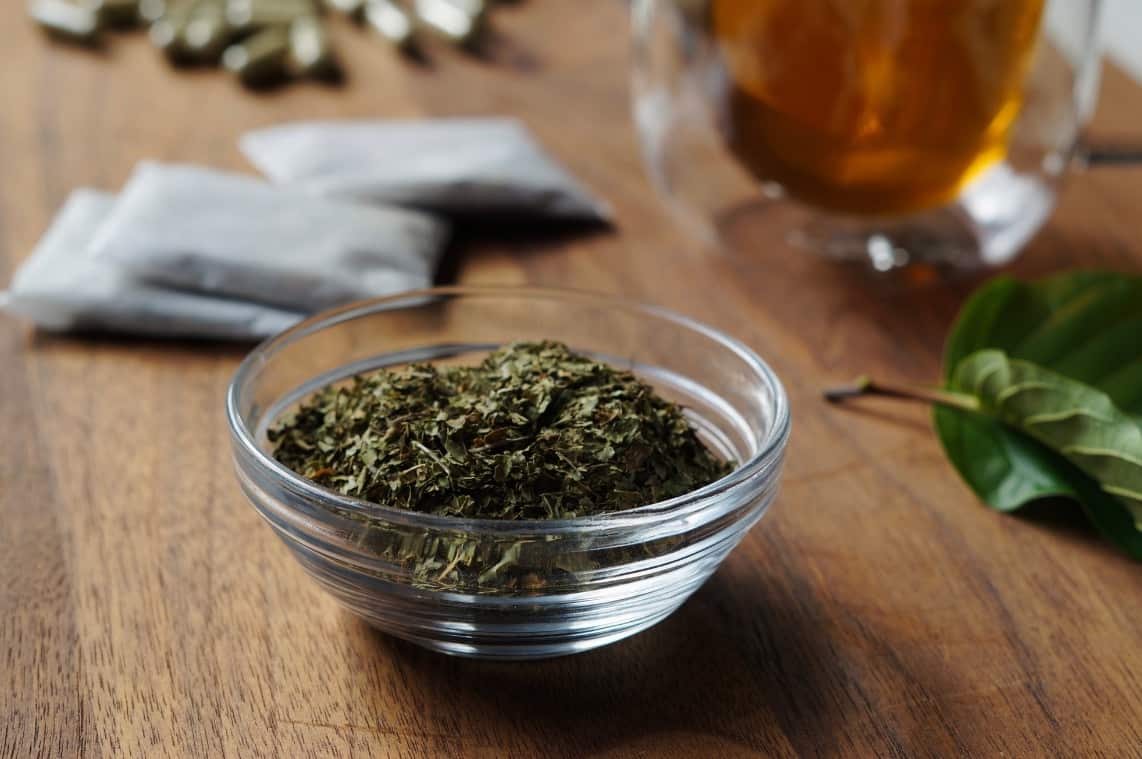Kratom powder has emerged as a popular alternative for managing stress and anxiety, drawing attention for its potential to offer relief in a natural form. Derived from the leaves of the Mitragyna speciosa tree native to Southeast Asia, kratom has been used traditionally for centuries. Its growing popularity in Western countries as a natural remedy has sparked discussions about its efficacy and safety. The active compounds in kratom, primarily mitragynine and 7-hydroxymitragynine, interact with opioid receptors in the brain. This interaction can lead to a range of effects, from pain relief and mood enhancement to improved focus and energy. For individuals dealing with stress and anxiety, kratom’s potential to produce calming and euphoric effects may provide temporary relief from their symptoms.

Proponents of kratom often highlight its ability to offer a sense of well-being and relaxation. Many users report that kratom helps them manage anxiety more effectively than conventional pharmaceuticals, often attributing its benefits to its natural origins. Some studies suggest that kratom’s calming effects can help alleviate stress and promote a sense of tranquility, making it an appealing option for those seeking alternatives to traditional treatments. However, it is important to approach kratom with caution. The effects of kratom can vary significantly depending on the dosage and strain used. Lower doses are often associated with increased energy and focus, while higher doses may produce sedative effects. This variability can make it challenging to determine the appropriate dosage for managing stress and anxiety effectively. Moreover, the safety and efficacy of kratom are subjects of ongoing debate. The U.S. Food and Drug Administration FDA have raised concerns about kratom’s potential for addiction and its lack of regulation. There are reports of adverse effects, including nausea, constipation, and in some cases, more severe symptoms like seizures or liver damage. The potential for dependency and withdrawal symptoms is also a significant concern.
Another critical issue is the lack of standardized dosing and quality control in kratom products. Because kratom is sold as a supplement rather than a regulated pharmaceutical, there is a wide variation in product quality and purity. This inconsistency can lead to unpredictable effects and potential health risks. For those considering kratom as a remedy for stress and anxiety, it is crucial to consult with a healthcare professional. They can provide green kratom guidance on whether kratom is a suitable option based on individual health conditions and current treatments. Additionally, exploring other natural remedies or evidence-based therapies might offer safer and more effective alternatives for managing anxiety and stress. while kratom powder presents an intriguing natural alternative for managing stress and anxiety, its use comes with considerable risks and uncertainties. Its potential benefits should be weighed carefully against the possible side effects and lack of regulatory oversight. As with any supplement or treatment, informed decision-making and professional advice are essential to ensure safety and efficacy.
